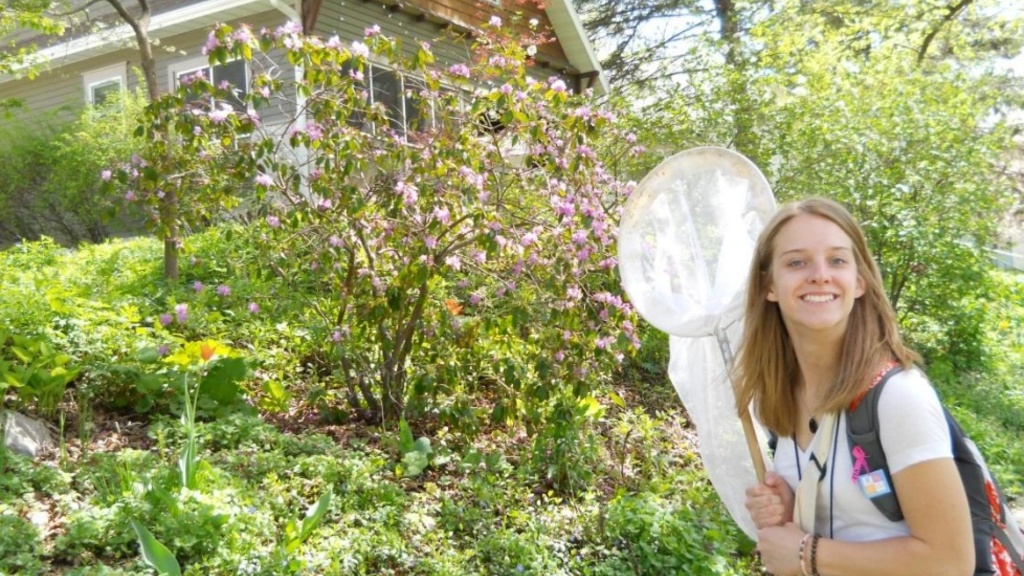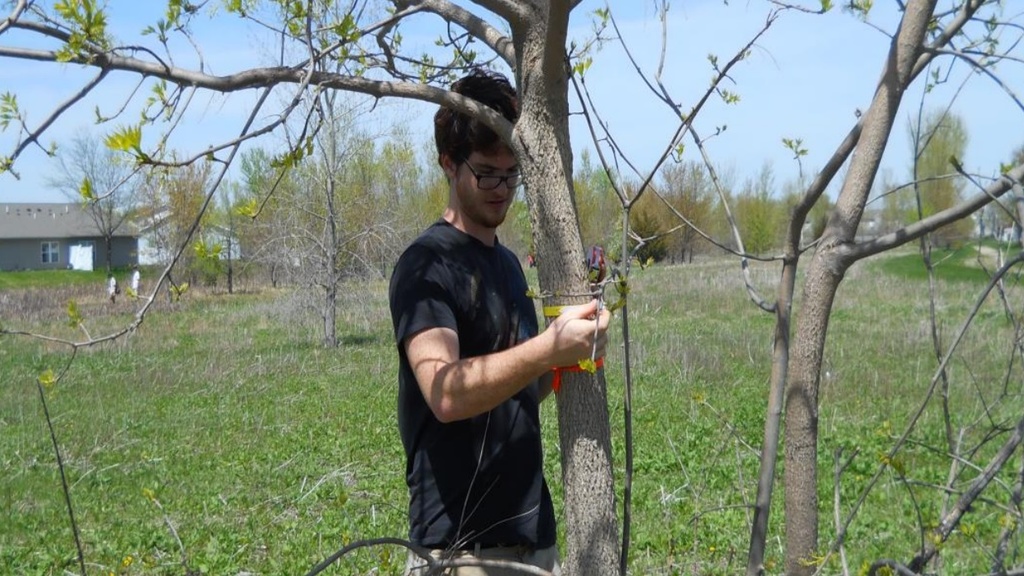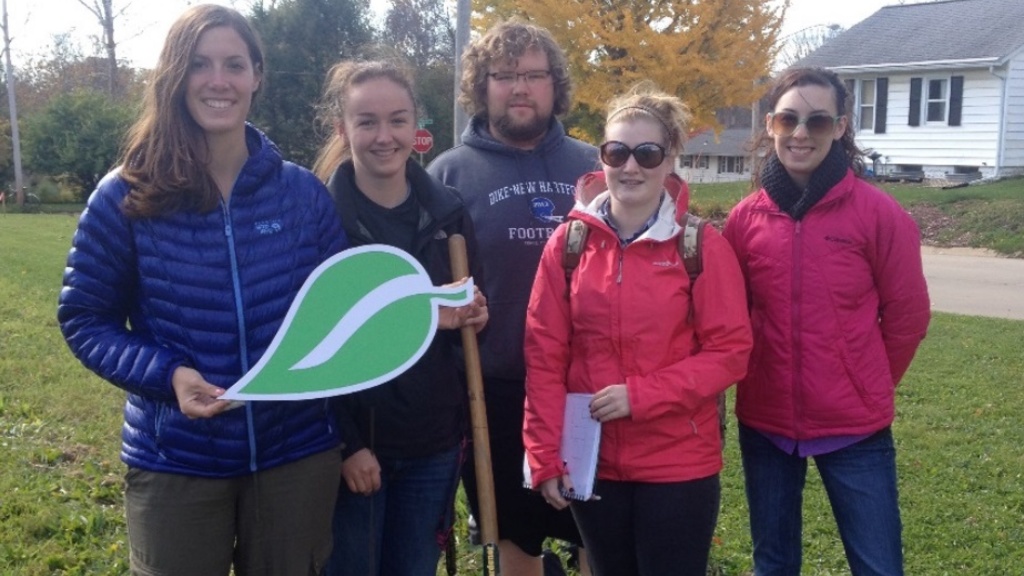Earth, Environment & Sustainability

STAR Sustainability Assessment
Students in the Department of Geographical and Sustainability Sciences assisted the City of Iowa City with their Leadership STAR Community Program application by gathering information about City policies, practices and actions in the areas assessed by STAR.

Enhancing Urban Pollinator and Beneficial Insect Habitat
Students researched bee diversity in Iowa City, compared it to bee diversity in prairie and agricultural settings, and related it to floral diversity in each setting. They used pan trapping and sweep netting methods to collect bees during their research. They offered recommendations to the City of Iowa City to help the area maintain and increase urban bee diversity.

Emerald Ash Borer: Monitoring and Management
Students conducted research on Iowa City’s ash trees to help prepare for the emerald ash borer (EAB) and develop a response plan. Students used various survey methodologies to assess current ash tree condition and coverage in Iowa City, including counting the trees, recording their GPS coordinates, and measuring their characteristics. Using this data, students created a map of ash tree coverage and identified priority sites in which they recommend that the city implement monitoring and management strategies.

Soil Analysis of Potential Urban Agriculture Areas within City Limits
Students in the Earth and Environmental Sciences program evaluated soils at the Chadek property, which was a vacant city lot located in the Morningside neighborhood of Iowa City, south of City High and a few blocks west of 1st Ave.